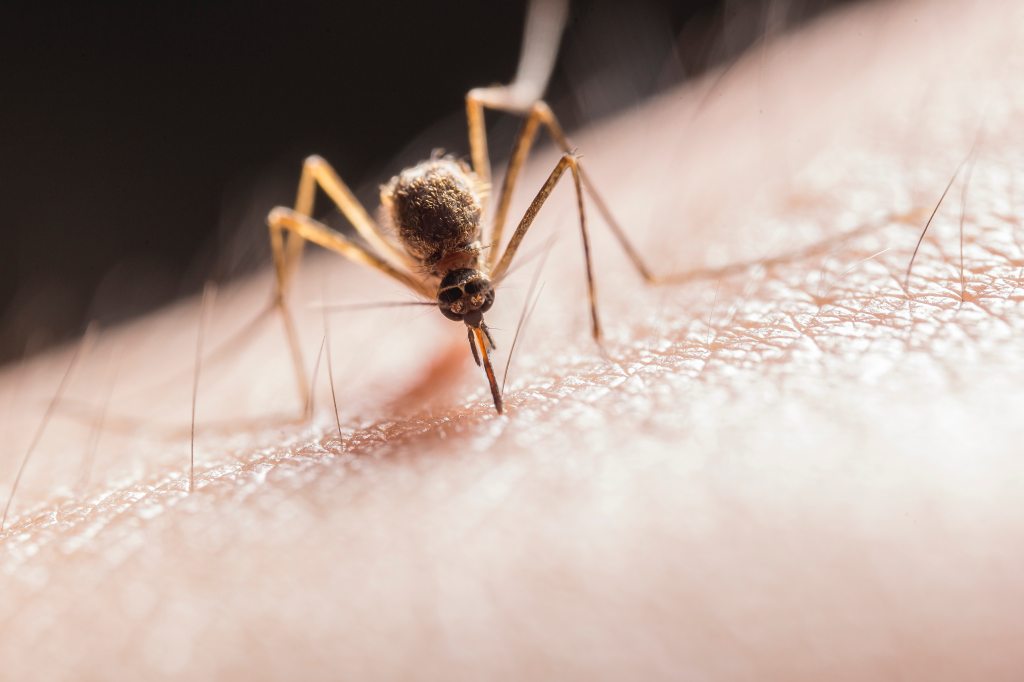Pest Control Fresno: Relied On Solutions for Home and Service
Pest Control Fresno: Relied On Solutions for Home and Service
Blog Article
A Break Down of the Different Kinds Of Bug Control Solutions
In the world of parasite control, a multitude of methods exist to deal with and fight the existence of unwanted creatures. From the conventional usage of chemical pesticides to extra cutting-edge organic control options, each technique provides unique advantages and limitations. As we browse with the varied landscape of pest control solutions, recognizing the ins and outs of each technique becomes vital in determining the most efficient training course of activity. Remain tuned as we explore the nuanced world of bug control strategies and uncover exactly how each type plays an unique function in protecting our environments.
Chemical Pesticides

One of the primary advantages of chemical pesticides is their capacity to supply immediate alleviation from insect infestations. When used properly, these chemicals can swiftly eliminate pests, protecting against additional damage to crops, structures, or human wellness. Additionally, chemical pesticides can be found in different forms such as fumigants, baits, and sprays, making them appropriate and versatile for various pest control requirements.
However, it is important to utilize chemical pesticides with caution because of their potential dangerous impacts on the setting and non-target types. Inappropriate application or overuse of these pesticides can result in air pollution, injury to beneficial insects, and resistance advancement in pest populaces. For that reason, it is crucial to comply with safety and security guidelines and laws when using chemical pesticides for bug control.
Biological Control Methods

There are 2 main types of biological control: classic and augmentative. Timeless organic control entails presenting all-natural adversaries from the pest's native range to control its population. On the other hand, augmentative biological control involves launching great deals of all-natural enemies to reduce insect populations rapidly.
One advantage of biological control is its long-term effectiveness. Once established, all-natural adversaries can aid regulate pest populaces constantly without the requirement for repeated applications of pesticides. Additionally, organic control is often more cost-effective and can aid lower chemical resistance in insect populations over time. Overall, organic control techniques use a eco friendly and sustainable remedy to pest monitoring.

Mechanical Bug Control
Mechanical pest control involves the physical control or removal of bugs to handle their populaces properly. This method is typically used along with various other parasite control techniques for detailed bug administration. One typical example of mechanical bug control is utilizing catches to catch insects or rodents. These traps can be established in strategic locations where parasites are recognized to dwell, aiding to lower their numbers.
An additional mechanical method is making use of obstacles such as webs, screens, or fences to obstruct insects from entering details areas. By physically protecting against bugs from accessing a location, the likelihood of problems or damage can be significantly lowered. Furthermore, hand-operated techniques like handpicking pests off plants or frameworks can be reliable for smaller-scale infestations.
While mechanical parasite control methods can be labor-intensive, they supply a non-chemical option that can be eco friendly Read Full Report and lasting. By targeting bugs straight, mechanical control techniques can aid keep bug populaces in check without depending on chemicals.
Natural Treatments
Making use of natural treatments for parasite control provides a eco-friendly and sustainable technique to managing pest populaces without considering chemical interventions. All-natural remedies include making use of compounds originated from plants, minerals, or various other naturally occurring sources to discourage or remove pests. Growing specific natural herbs like basil, mint, or lavender around your residential property can drive away insects due to their strong scents. Diatomaceous planet, a powder made from fossilized algae, can be made use linked here of to battle parasites like ants, roaches, and bed pests by dehydrating their exoskeletons.
Furthermore, vital oils such as tea tree oil or neem oil have insecticidal properties that can effectively manage insects while being safe for the setting. pest control fresno. One more natural treatment is introducing helpful bugs like ladybugs or hoping mantises to your garden to prey on harmful insects. By integrating these natural options right into insect administration techniques, people can minimize their reliance on synthetic chemicals and advertise a healthier, more well balanced ecological community
Integrated Bug Monitoring
Integrated Bug Management (IPM) is a comprehensive method that integrates different techniques to successfully why not check here control pest populaces while reducing risks to human wellness and the atmosphere. IPM entails the combination of numerous parasite control techniques such as organic control, habitat control, modification of social methods, and the usage of resistant plant ranges. By utilizing a combination of these strategies, IPM aims to minimize reliance on chemical pesticides, which can have unfavorable effect on environments and human wellness.
One secret facet of IPM is the emphasis on prevention. By implementing actions to avoid bug problems before they take place, such as maintaining appropriate cleanliness and securing entry factors, the demand for responsive pest control steps is minimized. Monitoring and routine examinations play an important duty in IPM, enabling very early discovery of parasite issues and timely intervention.
Verdict
In final thought, the various kinds of bug control services offer an array of choices for efficiently managing parasite invasions. Organic control techniques use all-natural killers to control pests. Integrated Insect Management incorporates several strategies for an all natural method to pest control.
Chemical chemicals are frequently used in bug control to efficiently remove a broad array of bugs and various other insects.Mechanical parasite control includes the physical adjustment or removal of parasites to manage their populaces effectively.Using all-natural treatments for parasite control provides a lasting and environmentally friendly strategy to managing bug populations without resorting to chemical interventions.Integrated Parasite Administration (IPM) is an extensive strategy that combines different approaches to efficiently regulate pest populaces while reducing dangers to human wellness and the environment.In conclusion, the different kinds of parasite control solutions provide an array of alternatives for effectively managing insect problems.
Report this page